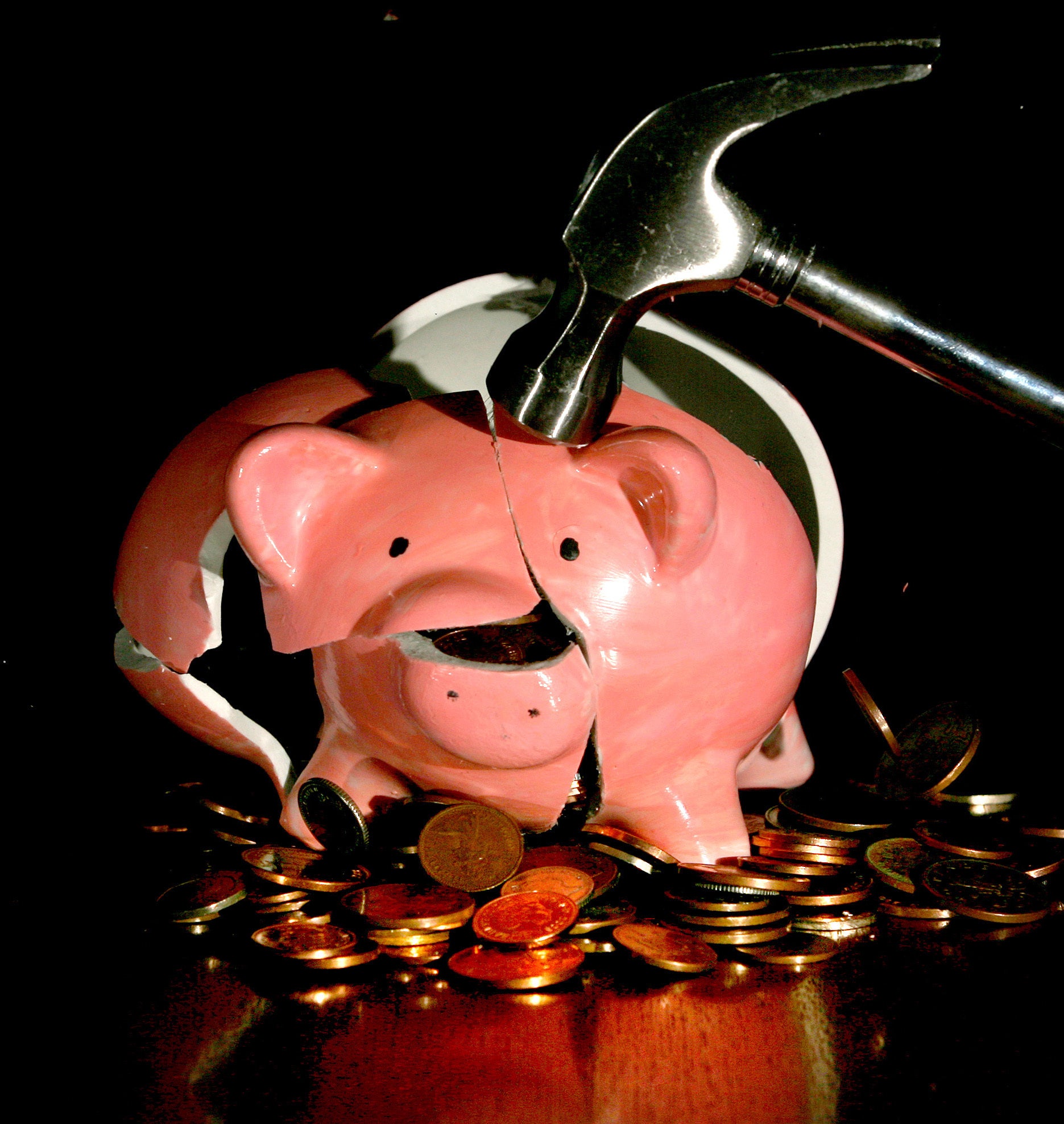Fifth of people ‘feel locked out of the financial system’
Some people end up borrowing from family or friends or are eventually accepted for a higher interest credit product after initially being turned away.

Your support helps us to tell the story
From reproductive rights to climate change to Big Tech, The Independent is on the ground when the story is developing. Whether it's investigating the financials of Elon Musk's pro-Trump PAC or producing our latest documentary, 'The A Word', which shines a light on the American women fighting for reproductive rights, we know how important it is to parse out the facts from the messaging.
At such a critical moment in US history, we need reporters on the ground. Your donation allows us to keep sending journalists to speak to both sides of the story.
The Independent is trusted by Americans across the entire political spectrum. And unlike many other quality news outlets, we choose not to lock Americans out of our reporting and analysis with paywalls. We believe quality journalism should be available to everyone, paid for by those who can afford it.
Your support makes all the difference.One in five (20%) people feel locked out of the financial system, a report has found.
Nearly three in 10 (28%) people generally who had been declined a bank account and/or a loan said they had ended up borrowing from friends and family, according to the financial inclusion report published by lender Plend.
Nearly a quarter (23%) of those who were turned away said they were eventually accepted for a higher interest credit product.
A survey of more than 4,500 people was carried out in January by Opinium Research for the report.
Lifestyles today typically demand quick and easy access to products and services
Richard Lane, director of external affairs at StepChange Debt Charity, said some people may feel encouraged to borrow more, and this “can make debt problems more harmful in the end”.
Andrew Jackson, chief credit officer, Nationwide Building Society, said: “Lifestyles today typically demand quick and easy access to products and services, and this applies just as much to credit products as it does to anything else.”
Rob Pasco, CEO and co-founder of Plend, said: “Having a thin or invisible credit file is just one of the reasons many people are financially excluded from accessing affordable credit products and basic financial services.”
The findings were released as a separate study from charity Fair By Design and the University of Bristol estimated that the “poverty premium” costs £430 per year on average for a low-income household.
The premium includes the costs of borrowing to pay for items rather than being able to pay for them up-front, as well as paying for goods and services in increments rather than being able to pay the full costs in one go.
Examples include using pre-payment meters for gas and electricity, paying more for insurance due to living in a particular location (for example in a high-crime area), and needing to use high-interest loans and credit cards.
Martin Coppack, director, Fair By Design, said: “As families across Britain struggle with the sharp rise in the cost of living, taking action to end the poverty premium has never been more important.”